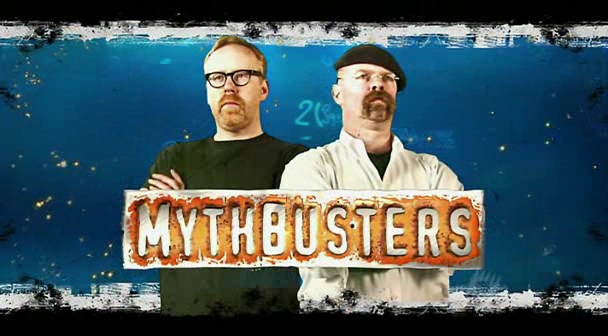How do you know when to change the clutch and brake fluid?
It's mostly time dependent...not mile dependent.
It's also considerably 'locale' dependent. IOW, if your FJR spends its life (mostly) in the arid desert Southwest it's a lot less likely to have its, hydroscopic, hydraulic fluid contaminated by moisture than, say, a Midwest FJR (in a similar time period).
No offense, CMM, but this "climate/moisture" assertion has always bugged the hell outta me.
The system is closed. Sealed. Ninguna entrada, por favor. If it wasn't, then brake/clutch fluid would be leaking all over the damn place.
So how in hell is moisture gonna get in there, unless someone's constantly taking the reservoir cover off for no good reason?































































